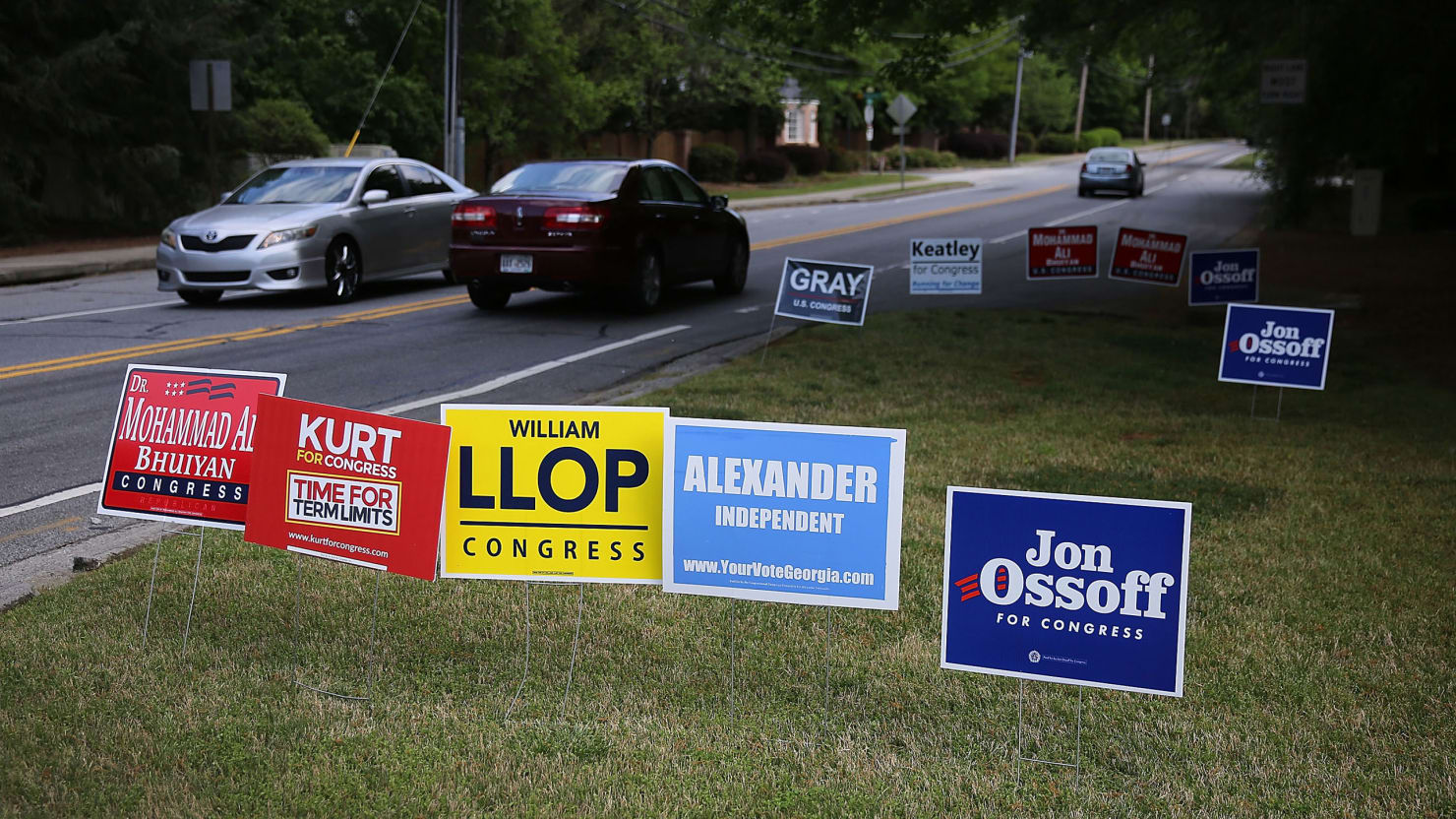From liberal schools such as Sarah Lawrence College and Bard College to more conservative ones such as Texas Christian University and Brigham Young University, the political spectrum of colleges are widespread. Given today’s heated political climate, it’s natural for people to gravitate toward others with similar beliefs and values.
While human nature dictates that phenomenon, there is a danger in spending some odd four years surrounded by students who share the same exact outlook. Once you get out of college, either by visiting the hometown or logging onto social media, you encounter people who may not agree on politics. There’s nothing wrong with a little debate, but no debate can work if a person never developed prime debate skills.
So, what’s better? Living in a bubble or exposing oneself to outside opinions (which are sometimes offensive)?
Pros of Life in a Political Bubble
It’s frustrating to hear a professor say something uncomfortable every other class or to cringe whenever your roommate speaks. Frustration with the surroundings is especially common among those who hold strong political standpoints and leads to a lack of respect for others, which is why it’s best to seek out places where one can find like-minded people. It’s simply in a human’s nature that we group up around similar likes and to stay away from what we dislike.
College presents an opportunity to meet lifelong friends, or even dating partners. As a liberal, I find it difficult to imagine dating someone who proudly voted for Trump. As the political spectrum becomes more and more polarized, dating pools shrink. Both liberals and conservatives share this mutual feeling as David Goss, founder of TrumpSingles.com (quite the entertaining website, by the way), says, “a liberal doesn’t want to date a Nazi. And a republican doesn’t want to date, well, a whiny snowflake, and that’s what they’re viewing each other as.” An easy way to find people whose company you enjoy is to start with basic beliefs and values.
If conservatives refuse to view liberals as quality individuals, then liberals shouldn’t bother to shift through the conservative nonsense either, right?
Cons of Life in a Political Bubble
Finding common ground with those who disagree politically may be a daunting task, especially in an era when politics can ruin our relationships. Working through conflict is something taught everywhere from pre-schools to modern day workplaces, but nowadays your debate skills are put on constant trial. If students spend all of their time amongst like-minded people, then meeting someone with different beliefs will cause natural conflict.
In a situation where two individuals are faced with an argument regarding politics, it’s easy to fall into a cyclical argument (“…but her emails!”). Stepping out of your political bubble to discuss issues with people whose perspectives differ from you can foster mutual understanding and strengthen debate skills in the end. For example, Trump supporters scoffed at people who called him “mean” or a “bully,” but using specific facts may have helped their arguments much better. It’s impossible to understand and present both sides of the matters while you have only been exposed to one side.
How to Fraternize with the Enemy
The old Apple slogan “there’s an app for that” still rings true today, as everyone has the option to block out all social media posts the they wish not to see. While this creates for a more comfortable, friendly social media experience, it renders constructive debates nearly impossible.
For example, while muting the #BlackLivesMatter hashtag would make a more conservative user happy, that user will never see life from the perspective of those utilizing the hashtag. The hashtag was created to raise awareness, and that can’t be done without exposure to all sides. The inability to put yourself in someone else’s shoes creates a barrier against thorough understanding of a matter.
Considering other thoughts and opinions is key to progress. Even on certain topics about which a person feels strongly, it helps to learn why others believe differently. In addition to letting social media brings opposing viewpoints, take the time to seek out other sources on your own may prove worthwhile. A liberal doesn’t need to go to Fox News to see how conservatives process news, but checking out conservative news sources could help in gaining insight. A good place to start is an online magazine, such as The American Conservative. Respecting the journalistic talent found in a completely biased news source may open new perception.
Simple exposure isn’t quite enough to understand others’ viewpoints. When confronted by a person who do not shares your ideals, try talking about why these differences exist. Sometimes it’s okay to agree to disagree as long as people uphold the standard of respect. Colleges do a great job educating students on reading, writing and arithmetic, but respect for others would be a nice skill for people to learn in their everyday life as well.
Conclusion
There is no reason for a student to attend a school focused on whose values that student does not share. Of course, college campuses aren’t simple when it comes to political makeup of students. Plenty of schools have student bodies representing spots all over the academic spectrum. If your school is somewhere in the middle, that’s great. If it’s so liberal that conservatives feel uncomfortable, that’s good as long as meaningful discourse is made a priority.
It’s time conservatives stop viewing liberals as “whiny snowflakes” and liberals stop labelling all conservatives as “Nazis.” It’s also time to stop generalizing whole groups of people based on political and social stereotypes. Disagreement is fine, but remember debate is a healthy way to work through it. If healthy debates can’t take place on college campuses, then when and where will they ever happen?
It’s possible to look into the reasoning of the opposing side without sacrificing your own values. Limiting exposure helps nobody in the long run, even if it feels comfortable in the short term.

















